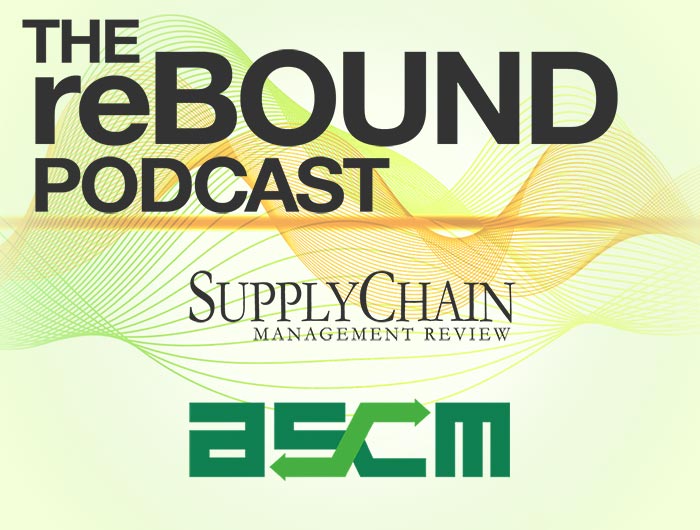Running a successful supply chain organization is complex. But one way to help ensure all team members proactively generate ideas and are fully engaged in problem-solving is by giving them an inclusive, equitable and diverse workplace. That’s why ASCM teamed up with the Society for Human Resource Management (SHRM) and the SHRM Foundation to determine the state of IED in supply chain, its impact on the bottom line and best practices for leveraging the power of IED across the supply chain and beyond.
More than 1,400 supply chain and HR professionals were surveyed in order to produce “The Power of IED in the Supply Chain: Unlocking Resilience and Growth.” The data showed that, first and foremost, IED initiatives make good business sense: Among supply chain managers who work at companies with highly effective IED practices, 73% report that their department performs somewhat or much better than their competitors’, versus only 44% at companies with ineffective IED practices.
Further, companies with effective IED practices are more likely to experience low turnover. Poor IED practices play a large role in supply chain employees’ likelihood to leave their company — especially women and people of color. Additionally, those who feel their company is not making IED-related progress are 4.5 times more likely to say they often feel burned out.
Unleash your team’s potential
ASCM Editor-in-Chief Elizabeth Rennie writes in our latest blog post that “IED translates into a competitive advantage” in three main ways: enhanced performance, improved talent acquisition, and greater employee engagement and retention. To make meaningful strides toward these valuable aims, she offers the following strategies, based on data from the research:
- Establish buy-in and involvement at the highest levels. The study found a clear correlation between leadership involvement and positive outcomes. When leaders are actively involved in setting goals, tracking metrics and engaging in IED planning, the chances of success increase significantly.
- Create IED goals and hold leaders accountable for achieving them. This accountability can come in various forms, such as tying IED progress to performance reviews, bonuses or promotion opportunities for supply chain managers and executives.
- Demand that supply chain be part of the conversation. The research emphasizes the importance of integrating supply chain leadership into the company's broader IED strategy. When leaders are actively involved in companywide IED, they can tailor initiatives and goals specifically for the supply chain department, leading to more effective outcomes.
- Be creative in how IED is applied across different business operations. While attracting diverse talent is important, it's just one piece of the puzzle. The study suggests offering benefits that cater to the needs of diverse employees, such as childcare assistance, comprehensive parental leave options and employee resource groups that create a sense of belonging.
- Use training as a resource, not the sole solution. Training empowers leaders and managers to champion inclusive practices, treat all employees with respect, address specific challenges and develop strategies to create a more inclusive work environment.
To learn even more, I encourage you to read the full blog post and the research report today. You’ll gain strategies for unlocking the full potential of your workforce and building a more competitive and resilient supply chain.



